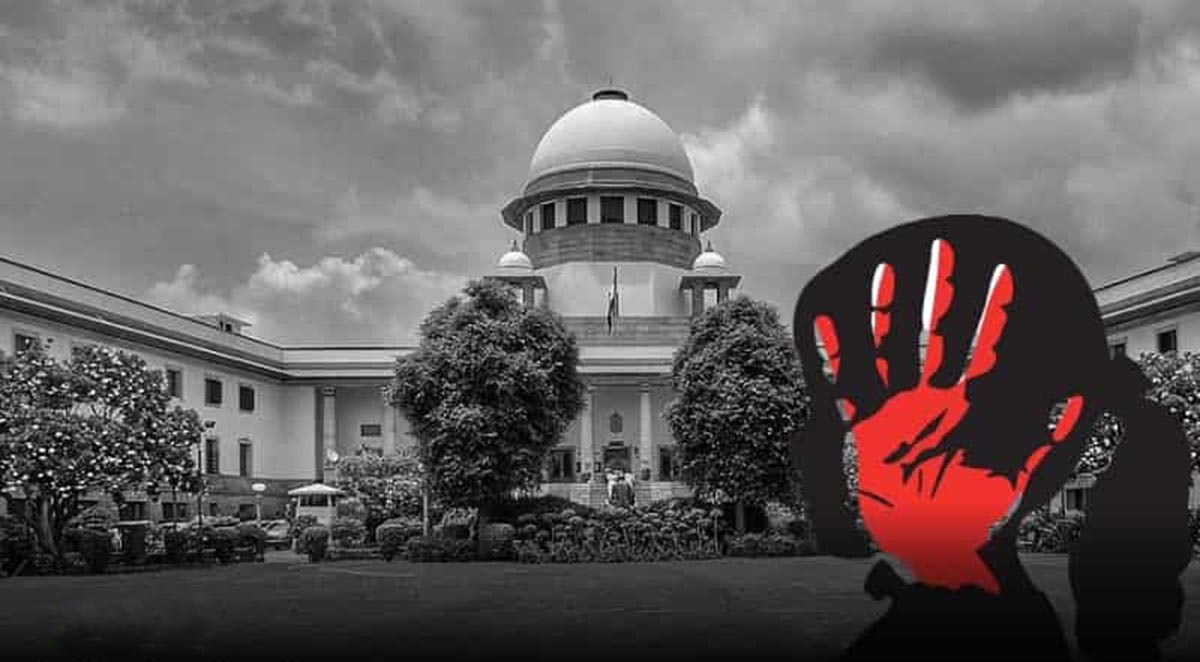The Supreme Court setaside the High Court’s decision, emphasizing that sexual harassment is a serious offense with far-reaching societal consequences. The court held that such cases cannot be compromised away, even if the victim and the accused have reached an agreement.
By PC Bureau
New Delhi
In a significant ruling that has implications for the prosecution of sexual harassment cases in India, the Supreme Court has firmly stated that such cases cannot be quashed based on a compromise between the accused and the victim. This decision challenges the long-held notion that victims can be coerced or pressured into settling such cases, often due to societal pressures, fear of stigma, or lack of support.

The specific case that led to this landmark judgment involved a 15-year-old girl who was sexually harassed. Her father filed an FIR against the accused. However, the accused and the victim’s family later reached a compromise, prompting the accused to file a petition in the Rajasthan High Court seeking the quashing of the case.
The High Court’s Decision and the Supreme Court’s Intervention
Surprisingly, the Rajasthan High Court granted the accused’s plea and quashed the criminal proceedings. This decision sparked outrage and raised concerns about the erosion of justice for victims of sexual harassment.
A third party, unaffected by the case, challenged the High Court’s order in the Supreme Court. The apex court, recognizing the gravity of the issue, intervened and appointed a former High Court judge as amicus curiae to assist in the proceedings.
Also Read: How Economic Anxiety Derailed Harris’s Female Voter Advantage
The Supreme Court’s Ruling
The Supreme Court, in its wisdom, overturned the High Court’s decision, emphasizing that sexual harassment is a serious offense with far-reaching societal consequences. The court held that such cases cannot be compromised away, even if the victim and the accused have reached an agreement.
This ruling has several important implications:
- Protection of Victims: It reinforces the message that victims of sexual harassment have the right to seek justice, regardless of any pressure to settle the case.
- Deterrence of Offenders: By making it clear that sexual harassment cannot be easily dismissed, the Supreme Court’s decision serves as a strong deterrent to potential offenders.
- Strengthening the Legal Framework: The ruling reaffirms the importance of robust legal frameworks to protect victims of sexual harassment and ensure that perpetrators are held accountable.
The Road Ahead
While this landmark judgment is a significant step forward, much work remains to be done to create a society where sexual harassment is not tolerated. It is crucial to continue raising awareness, providing support to victims, and strengthening legal mechanisms to ensure that justice is served.
This case highlights the need for a comprehensive approach to address sexual harassment, including prevention, education, and effective legal remedies. By upholding the principles of justice and equality, we can work towards a future where everyone can live free from fear and discrimination.










